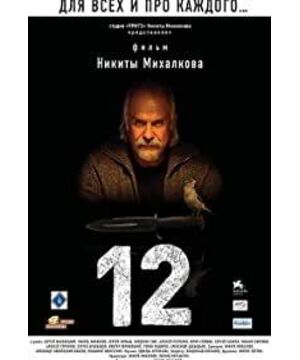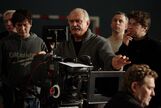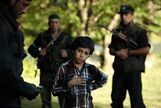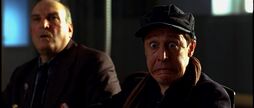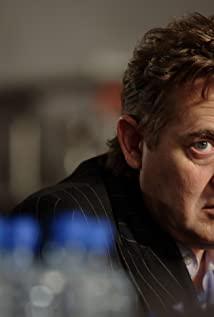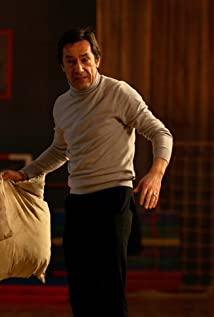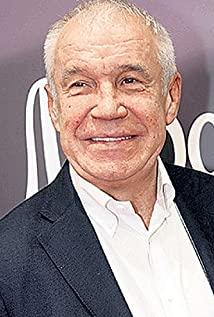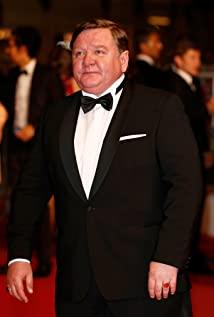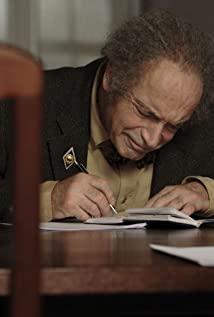12 background creation
2022-03-23 08:01
The director Mikhalkov felt the various social problems brought to Russia by the disintegration of the Soviet Union, especially the pain of ethnic conflicts caused by the blind ignorance of the Chechen war commanders about the Chechen issues, and put the source of the conflict in the film on the "Chechen issue". In a larger social and historical context, I hope that the film will reveal the true conscience and sympathy of the Russians, and also express people's worries about the chaos in the transition period.
.
Mikhalkov believes that Russians live and judge by heart and soul, and they are not used to relying on books and boring laws. Therefore, he abandoned the "person's sense of responsibility before the law" and the "reasonable doubt" in the law that the American version repeatedly emphasized, but set up the dilemma of guilt and innocence for the Chechen teenager in the film (if he is sentenced to innocence) crime, he may be silently killed by the real murderer after he is released). In addition, different from the dramatic arrangement in which the entire story of the original version took place in a closed room, Mikhalkov inserted a large number of pictures of the Chechen battlefield and flashbacks of the boy's memories in the film, reminding the audience of this special Chechnya. exist. Because of this, Mikhalkov has reiterated that his film is not a remake, but only borrows the framework of the American version
.
Extended Reading
-
2-y prisyazhnyy: So, we're voting on whether the defendant is guilty. Hands up, please.


